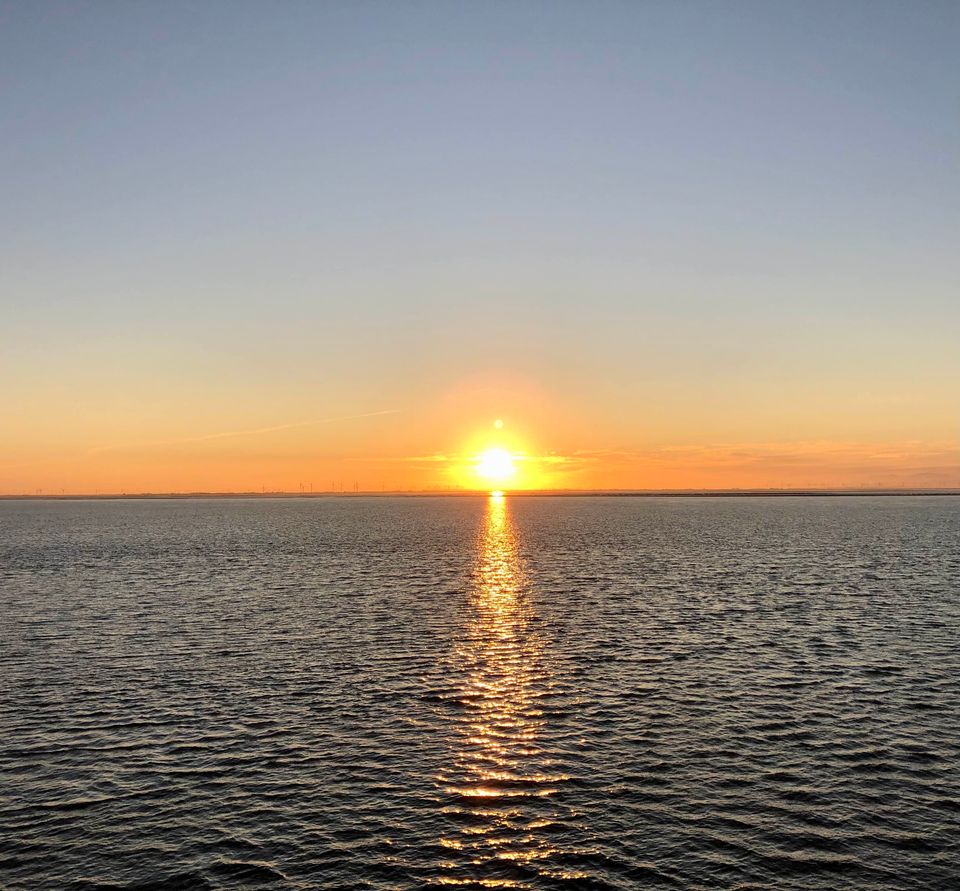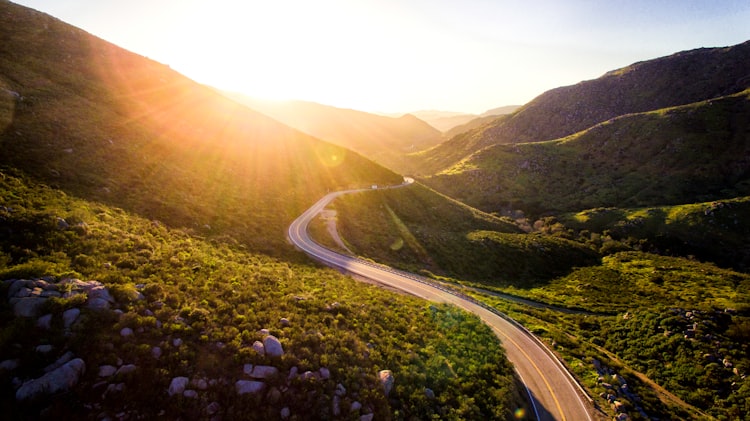On freedom.

As the moderator introduces the speaker, I look at the audience. I see some politicians from several neighbouring countries, artists, and other known people. How did I even get here? It was by pure happenchance, an old friend had tickets but was prevented from going. So she asked me if I was interested. Not knowing what to expect, I said yes.
Applause breaks out as the speaker enter the stage, goes behind the podium and begins with a question.
"Who has ever been to a car mechanic?"
Everybody in the room raises their hand, except a few young children.
"I see that we have some minors here. Thus, let me ask you another question: Who of you has already been to Disneyland, or some other fun park?"
Now, all the minors shyly grin and raise their hand. Of the adults, only a handful.
"Great! The adults now raising their hand must have been kinda forced to go, am I right?"
Laughter fills the auditory.
"It has been some years that I last was there; it must have been July or so. I went with my and the neighbour's kids, it was warm and we had a great day. We had put some money aside so that we could buy ice cream and other stuff. We even chose to wait half an hour at one ice cream shop because the kids heard it's the best around! Ahh, the things you do with and for your children!"
The speaker sinks into memories. Everybody knows this feeling when you recount great memories of the past, with a gleeful look in the eyes.
Freedom to choose the shop, to dress our way
"After we had our ice cream, we picked a bench to sit on and watched people pass. One of the youngsters chuckled at all the kinds of people we saw passing by. 'They are all dressed differently!' she wondered. 'That's right!' I answered.
It was only years later that I understood the depth of this scenery. So much of what we did this day was freely done. Nobody forced us to buy from that ice cream shop or to sit on that bench. And nobody forced the people to dress that way. It's the result of a free society, the impact of the freedom we have. And we are not even aware of it."
The speaker glances through the audience.
"All we people here tonight, we are here because of our free choice. Or at least I hope so! It was not the government that forced us to attend. No, it was our decision. And we could make this decision only because we enjoy such a significant amount of freedom that we can't even grasp it.
Think about George Orwell's 1984, a book about a totalitarian system that completely destroys the protagonist. In one scenery, he walks down the street and encounters a man that randomly trembles for less than a second, something we all occasionally do. Even though his activity was involuntary and uncontrollable, the system eliminated the man because he did not fit into their scheme.
However, as the book goes, the system has not always been that way. It started as a typical system. And then the destruction of freedom began."
Freedom gives one the freedom to destroy freedom
"It is a common observation for all free societies worldwide that there are many political and non-political organizations. Each has its own goal—some work for better education, some for fewer laws, others for more rules.
What connects all of them, despite their often wholly different views, is freedom. Only freedom gives them the ability to work towards their goal.
Ironically, there are also organizations that labour for less freedom. Some far right-wing extremists want to ban all foreign people or put them under strict laws. Some extreme-left activists aim to remove any government.
Sadly, these people fail to see that it's the freedom that allows them to pursue their goals. But as they reach their goals, they no longer live in a free society.
It's like mice that build their own traps because they only see the cheese.
It's the fact that they use their freedom to destroy others' freedom that I find highly ironic. Because, as I pointed out, they lose their freedom in the process, too
That's as with relationships. You only value what you have when you no longer have it."
By their reactions, I notice that many people in the audience relate to this.
Freedom needs rules (as in a relationship)
"To maintain its space, freedom needs rules. That might seem like irony. But no rules does not mean freedom but anarchy. We could not use a crosswalk because we wouldn't know if we would reach the other side.
Maybe there would not be any crosswalks in the first place! We could not grow our own vegetables because others might steal from us. Or, consider the helpless people, minors, invalids. We could not help them because we'd have to fight for ourselves.
That's why in healthy relationships, be they romantic or not, you more or less explicitly agree to core values: Honesty, respect, support, no adultery, sharing good moments, leaving the other person space.
The same is true for societies glued together by freedom.
Aristotle said that a state has to raise good citizens. Now, what is good is determined by the form of the government. In tyranny, a leader might only need servile people. In contrast, in democracy, we require the active participation of many people. This participation is not confined to political activities, no. It extends further. Voluntarily teaching people how to read, teaching kids how to swim, helping the elderly--there's much we can do.
These activities are not primarily creating freedom. Instead, they are an expression of the liberty we generally have, our freedom of choice. Governments define this space that we move in, and we select the government. And as long as we choose a government that values freedom, we continue to have that space.
However, as the government ideally consists of people like you and me, this begins with us. Because only when we appreciate our freedom we are also keen to maintain and nourish it through our activities. And such activities are a direct expression of our freedom.
The decline of freedom begins slowly. Only rarely is it a singular moment that radically worsens things. No, it commonly starts gradually. Most often, we don't even notice the tiny changes. Or we might not even be affected. Think of the horrible example of Germany in the last century, when it started imposing restrictions on Jews and other groups. Most Germans initially were not affected or actively did not want to care. Only later they realized that they'd buried their society.
Two things are therefore essential."
The speaker counts with the fingers.
"First, we need to value our freedom. The very fact that we can go from A to B and nobody restricts us is of such a high value that we often forget it.
And secondly, we have to maintain our freedom. I've frequently mentioned voluntary acts, or any other doings, as a result of our freedom. Once we notice that such basic things as helping others are no longer possible, without any reasonable explanation, we need to have keen senses."
Freedom is consent
"This does not mean that we have to fight against any restrictions, no. Some rules, as I've mentioned, are necessary. Think about speed limits. Think about respectful social interactions. Unknown to you and me, these take place within the boundaries of the law. But these laws, the rules of freedom, are a result of consense. It's society agreed-upon values. And as society evolves, the rules follow. That's why we require an intelligent and educated society. We do not need everybody to have a university degree, no. That's not education, but schooling. Rather, we need people who think, who exchange with one another, and who compromise. How they got these abilities is only of secondary concern.
If we prevent people from participating, we will have serious problems down the line. We will inevitably get a too narrow view of freedom, as we lack the critically needed input of a large part of society to determine where to go. And, as history has often taught us, it begins slowly.
Therefore, it's what we do or fail to do that shapes our future. This fact is evident but often overlooked once we leave school. Would we not have learned how to write or to read, we could not educate ourselves further. Or, would we not have learned how to move, we could not get anywhere. What we do or fail to do shapes our future."
Freedom is not perfection
"A last word: Freedom does not equal a perfect and just society. But freedom at least gives us the space to change things for the better.
Thank you."



